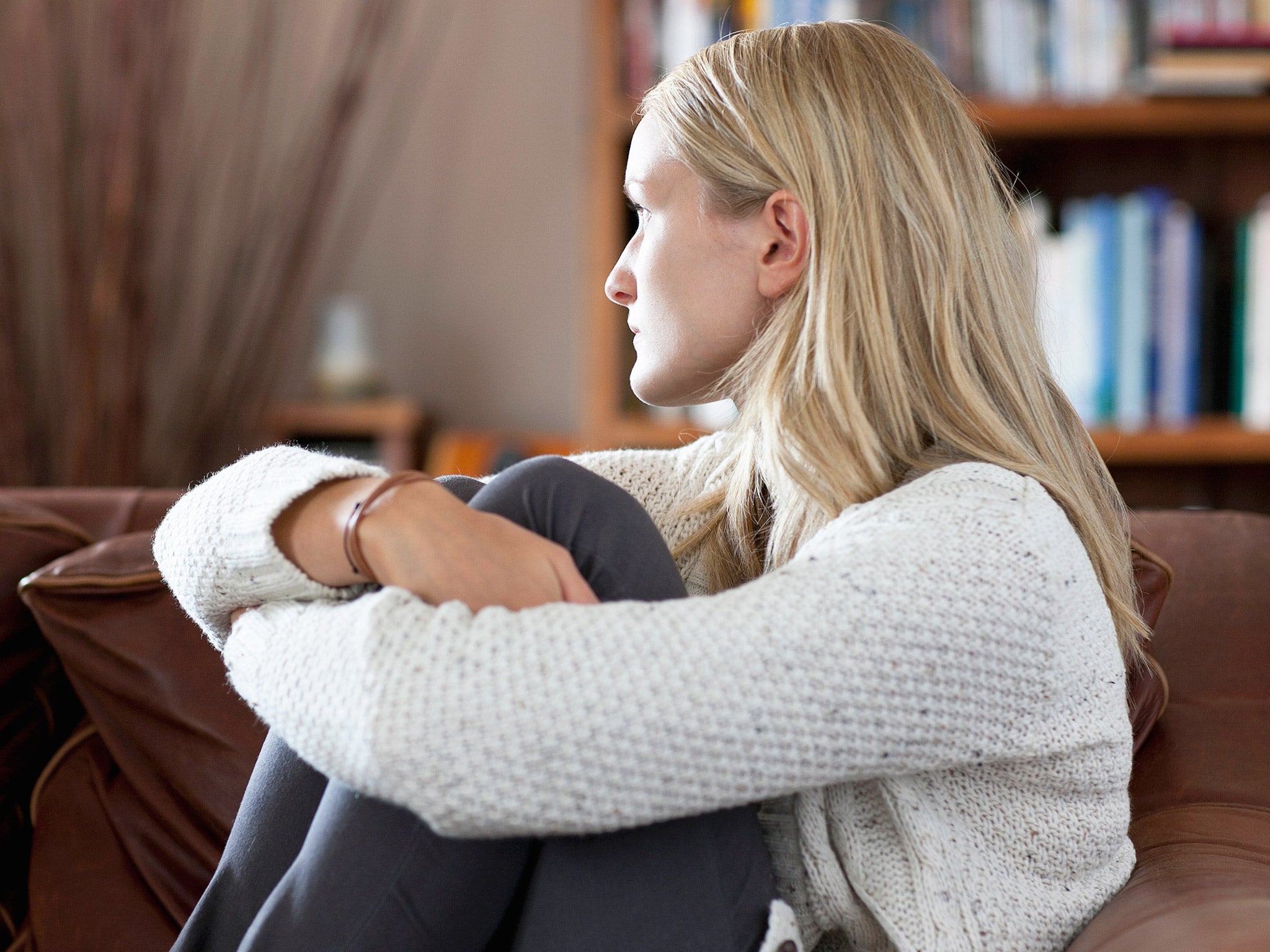World Mental Health Day 2016: What to do if you think someone needs help
One in six adults in the UK have a common mental disorder

Around a quarter of the UK population will seek help for a mental health issue every year.
While this was once a taboo issue, the number of people seeking help for mental health problems has increased, indicating that attitudes are changing.
What are the most common problems people have?
In the UK, 17 per cent of people have a common mental disorder (CMD) like anxiety or depression, according to the latest Adult Psychiatric Morbidity Survey.
Women are more likely to experience a common mental health disorder and in a more severe way than men, the survey found.
Over a quarter of women aged 18 – 24 had anxiety, depression, panic disorder, phobia or obsessive compulsive disorder. Also in this demographic, 12.6 per cent of women were diagnosed with PTSD.
Of men the same age, 9.1 per cent experienced anxiety, depression or other common mental disorders. Just 3.6 per cent were diagnosed with PTSD.
Does everyone get treated?
One in three adults surveyed (37 per cent) with a CMD were getting help in 2014. While an improvement on previous years, it still means the majority of CMDs are being left untreated.
People who are white British, female or aged between 35 - 54 were more likely to receive treatment.
Black people were less likely to be treated and poorer people were more likely to have requested but not received a specific mental health treatment
How should you react if you think someone might be experiencing a mental health issue?
Many people experiencing mental health issues often speak with friends or family before going to a health professional. Remember it will be a scary time for them and they are likely to be feeling vulnerable.
Try to stay calm, even if what the person is saying is worrying or upsets you.
What action can you take?
Listen to the person, let them know you are there for them and offer reassurance. Make sure you are patient and try not to be judgemental or make assumptions about the person’s situation.
Trying to maintain social contact with them is also important so they don’t feel less isolated.
You could also help them with any practical tasks they might need assistance with, especially those which might cause them to be stressed. This might include arranging childcare, taking care of chores or helping with transportation.
What if they reject your attempts to help?
While you can’t force someone to get help - unless they are a danger to themselves or others – you can offer emotional support and let the person know you are there for them when they are ready.
What if there is an emergency?
In a life threatening situation or if someone is seriously hurt, always call 999.
Mental health crises are be stressful and can demand a complex reaction. For more information on getting a help in this situation, visit Mind’s page on it here.
This is a lot to take on board.
Make sure your own mental health is not being adversely affected by the situation. It can be highly stressful and emotionally charged to look after a loved one with a mental health issue.
Take a break if necessary, talk about it with other people, and realise there are limits to what you can do.
Mind can be contacted on 0300 123 3393 and Samaritans can be contacted on 116 123.
More information can be found on Mind's website, here.
Join our commenting forum
Join thought-provoking conversations, follow other Independent readers and see their replies
Comments
Bookmark popover
Removed from bookmarks